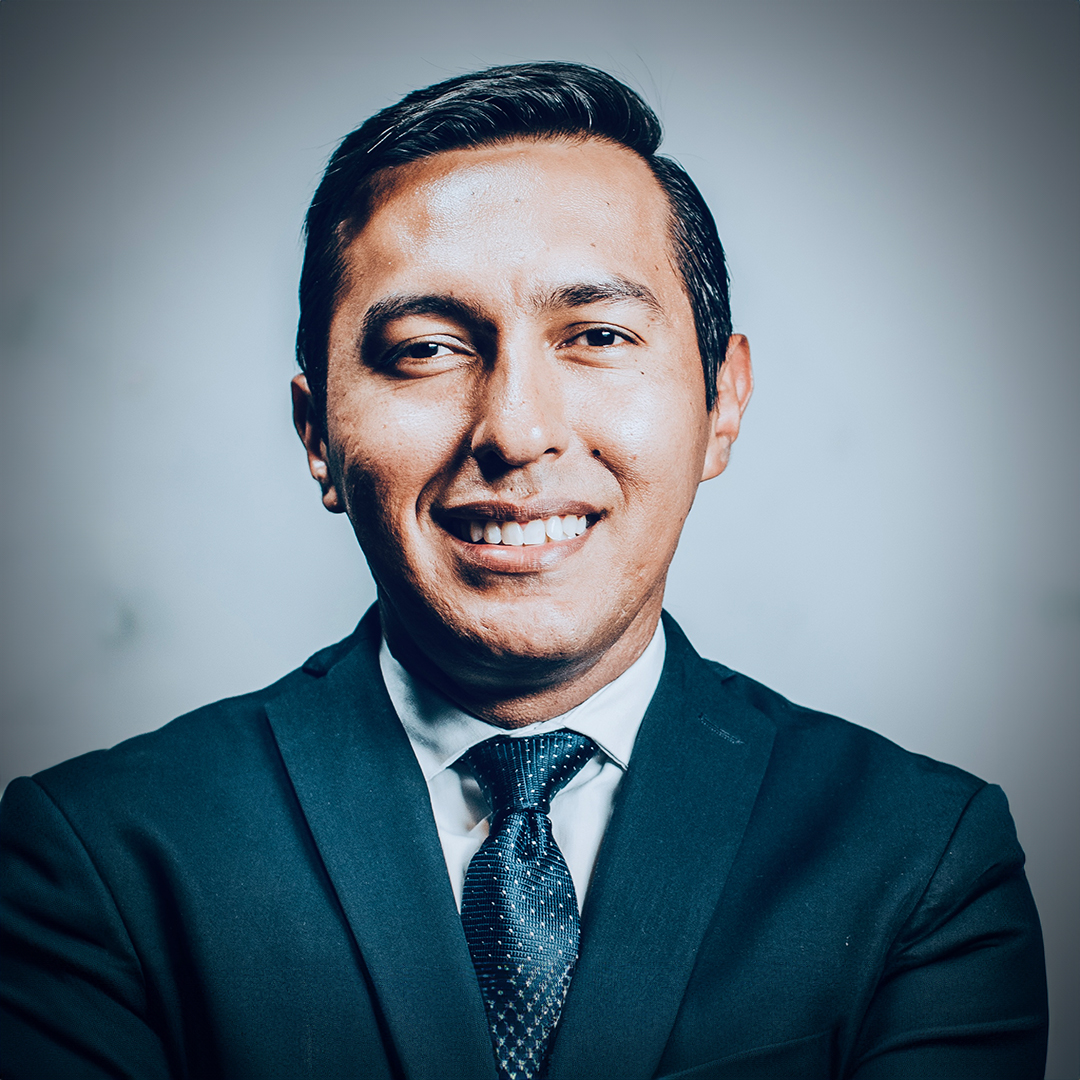EXPERT
Issues
Locations
DOWNLOAD
One of the suicide bombers who blew himself up outside a soccer stadium in Paris was in possession of a Syrian passport. Reports indicate that the passport was not his own, and yet, officials don’t know why the terrorist was carrying it. This is part of the challenge immigration officers face when screening and selecting refugees for resettlement into Western countries. Verifying information is a key component of this process. And while Canadian immigration officials are trained to decipher lies and inconsistencies in testimonies, things get more complicated when would-be refugees present false or fake documents. Identity verification is frequently the most time-consuming and difficult portion of any security clearance check. The task is made more difficult thanks to the booming black market for fake passports and other immigration documents. Since many European countries give preferential treatment to Syrian refugees, Syrian passports have become a hot commodity in the underground economy. But those aren’t the only fake passports being used to deceive officials. Earlier this week, a Syrian man carrying a fake Greek passport was arrested in Paraguay. Abd Al Elah Khallo was carrying a passport identifying him as Greek national Antonios Kallinteris; he had traveled from Syria to Argentina to Paraguay, supposedly on his way to London. While in Argentina, Khallo listed Ali Walid as his emergency contact. Perhaps he was unaware that Walid is wanted by Interpol for terrorism-related crimes and bank fraud. Just one week earlier, five other Syrians were arrested in Honduras. They were traveling with fake passports on their way to the United States. So why are Syrian men with connections to known terrorists traveling through South America to get into Western countries? The answer may lie in the origin of many of these fake passports. On Tuesday, a video was posted onto YouTube featuring a former diplomat from the Venezuelan embassy in Baghdad. In Spanish, this official blows the whistle on a scheme whereby employees at Venezuelan embassies throughout the Middle East create false immigration documents. According to this officer, between June 2014 and February 2015 he witnessed the sale of visas, passports, national identification cards, and birth certificates to thousands of Syrians, as well as some Iraqis, Palestinians, and Pakistanis. The man even confesses that embassy workers assisted known terrorists, specifically detailing a case involving a member of the terrorist group Hezbollah in Lebanon. This isn’t the first time Venezuela has been involved in the black market of producing fraudulent official documents. Last year, Joseph Humire of the Center for a Secure Free Society in Washington, DC published a paper detailing an immigration fraud ring that exploited Canada’s immigration system. The paper, entitled Canada On Guard, exposes collaboration between the governments of Iran, Venezuela, and Cuba to bring nefarious characters into Canada. According to a declassified CBSA report, Venezuelan authorities provided at least 173 passports, visas, and other documents to Islamic extremists seeking to slip into North America unnoticed. This fraud scheme has likely picked back up again thanks to the high demand for fake passports in the midst of the refugee crisis. This fact may help us understand why the Trudeau government has decided to delay the processing of refugees from the Middle East, and reluctantly reneged on a campaign promise to swiftly admit 25,000 Syrian refugees. With rogue regimes such as Venezuela doing the dirty work of terrorists and those wishing to bring their war onto our soil, Trudeau is wise to adjust his original refugee timeline. He would be even wiser to scrap the timeline altogether and give immigration officials all the time they need in screening would-be new Canadians. Read the original, from Toronto Sun, here.


 Leonardo Gonzalez
Leonardo Gonzalez